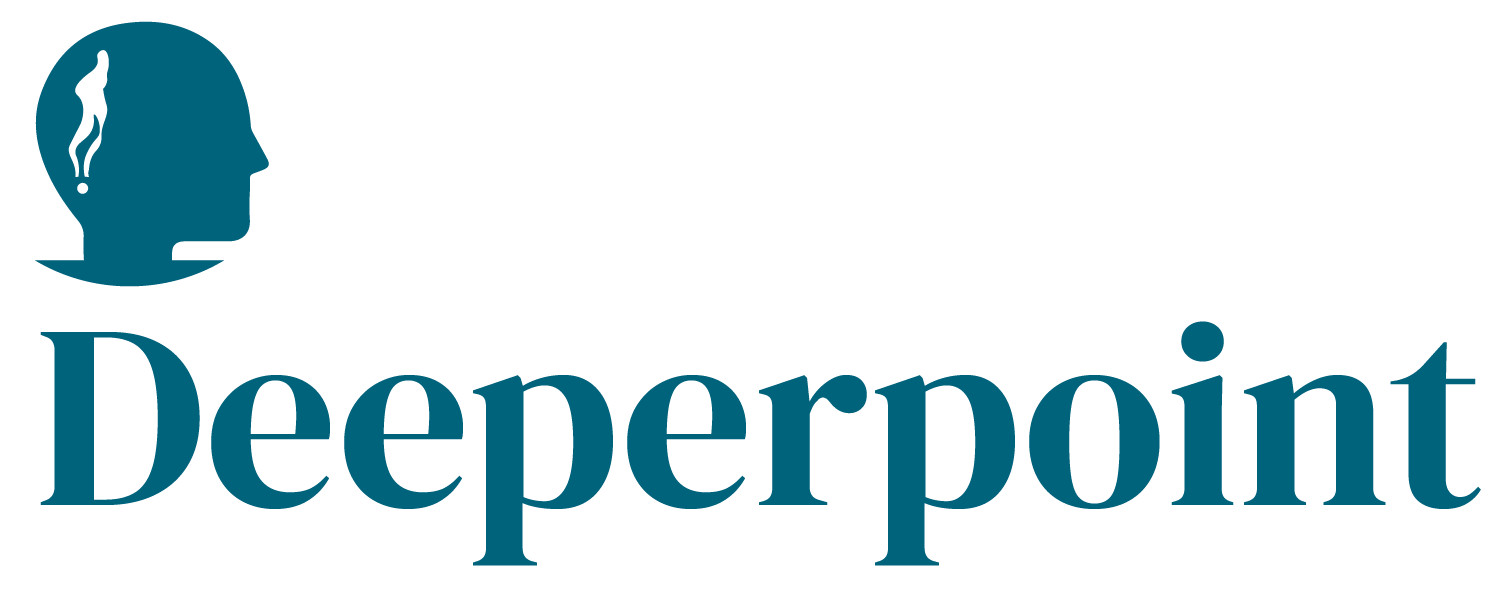Vision
FTE envisions a world where geography no longer determines the ceiling of learning. By connecting schools and teachers with fractional experts who can deliver advanced topics, enrichment modules, and targeted interventions, the exchange converts scarce expertise into an abundant, shareable resource. Sponsors gain a scalable lever to close attainment gaps, improve graduation and placement metrics, and seed talent pipelines in regions that have historically been underserved. The long-term vision is alignment with ministries of education, NGOs, and edtech ecosystems to create a durable infrastructure for equitable access that compounds in value as more content and practitioners join the network.
Problem
Across rural districts and budget-constrained schools, generalist teachers are routinely asked to cover subjects outside their training. Students miss exposure to lab-based sciences, second languages, arts, and creative technologies that are increasingly prerequisites for modern careers. After school tutoring is expensive and uneven, while small one-off grants rarely scale. The result is a persistent opportunity cost: talented students disengage, teachers burn out, and local economies see fewer work-ready graduates. Sponsors face reputational and fiscal risks when interventions fail to reach the last mile, and they lack credible, data rich ways to demonstrate inclusive impact at scale.
Solution
Cosolvent powers the marketplace that matches schools with fractional teachers and guest experts while enforcing transparent credentials, availability, pricing, and outcomes. Critically, the exchange is LLM+RAG native: teachers and administrators can upload unstructured documents (syllabi, lesson plans, rubrics, textbook PDFs, worksheet images, and short videos) and query them in natural language—“where do we cover thermal energy for grade 9?”—with instant extraction of passages, figures, and alignment suggestions. The same mechanism can be used to recruit, manage and schedule remote video appearances from volunteer experts. Reference materials, accommodations, and safety policies become searchable as well. ClientSynth seeds pilots with realistic synthetic users who upload assignments, ask clarifying questions, and generate demand signals across subjects and grades, creating credible pre-adoption telemetry for sponsors. Together these capabilities shorten time-to-value for early cohorts and provide evidence that scale will preserve quality and equity.
Business Model
Monetization includes tiered institutional subscriptions, sponsored regional cohorts, and transaction fees on special engagements (e.g. live virtual labs). Ministries and NGOs can underwrite usage for priority districts, while edtech partners can license a white label version. Over time, aggregated and privacy preserving analytics can inform curriculum investments and workforce policies under clear governance. For sponsors, the combination of transparent unit economics, synthetic pilot data, and measurable learning outcomes creates a de-risked pathway from grant-funded pilots to sustainable, at scale programs.
